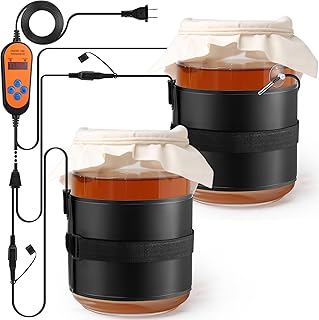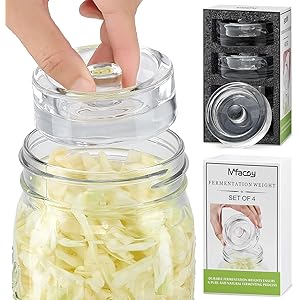Understanding Craft Beer
Craft beer refers to beer produced by small, independent breweries that prioritize quality, flavor, and traditional brewing methods. These breweries often experiment with unique ingredients and brewing techniques, resulting in a diverse range of flavors and styles. The craft beer movement has gained significant traction over the past few decades, leading many to question: are craft beers better than mass-produced options?
The Quality of Ingredients
One of the primary reasons many enthusiasts argue that craft beers are better is the quality of ingredients used. Craft brewers often source high-quality malts, hops, and yeast, avoiding the adjuncts and fillers commonly found in mass-produced beers. This commitment to quality not only enhances the flavor profile but also contributes to a more authentic beer experience.
Flavor Diversity
Craft beers are renowned for their vast array of flavors and styles. From IPAs bursting with hop character to rich stouts and refreshing sours, the variety available in the craft beer market is unparalleled. This diversity allows consumers to explore and discover new tastes, making the experience of drinking craft beer more exciting and enjoyable compared to the often uniform flavors of commercial beers.
Brewing Techniques
Craft brewers frequently employ innovative brewing techniques that set their products apart from mainstream beers. Techniques such as barrel aging, dry hopping, and the use of unconventional ingredients can create complex flavor profiles that are rarely found in mass-produced options. This dedication to craftsmanship and creativity is a significant factor in the argument that craft beers are better.
Community and Local Economy
Supporting craft breweries often means supporting local economies. Many craft breweries are deeply rooted in their communities, sourcing ingredients locally and employing local staff. This community focus fosters a sense of connection and pride among consumers, who may feel that by choosing craft beer, they are contributing to the well-being of their local economy.
Get more content like this!
Sign up to receive updates and new terms first hand.
Environmental Considerations
Many craft breweries prioritize sustainability and environmentally friendly practices. From using renewable energy sources to implementing recycling programs, craft brewers often take steps to minimize their environmental impact. This commitment to sustainability can resonate with consumers who are increasingly concerned about the ecological footprint of their purchases, further supporting the notion that craft beers are better.
Consumer Engagement
Craft breweries often engage directly with their customers, fostering a sense of community and loyalty. Many offer brewery tours, tastings, and events that allow consumers to connect with the brewing process and the people behind the beer. This level of engagement can enhance the overall experience and appreciation for craft beer, making it more than just a beverage.
Health Perceptions
Some consumers perceive craft beers as healthier options compared to mass-produced beers. While moderation is key, craft beers often contain fewer additives and preservatives, leading some to believe they are a more natural choice. Additionally, the lower production volumes of craft breweries can result in fresher products, which may appeal to health-conscious consumers.
Innovation and Trends
The craft beer industry is characterized by its constant innovation and responsiveness to consumer trends. Breweries frequently release limited-edition brews and seasonal offerings, keeping the market dynamic and exciting. This culture of experimentation and trend-setting can lead to unique drinking experiences that many find superior to the more static offerings of larger beer brands.
Personal Preference and Experience
Ultimately, whether craft beers are better is subjective and depends on individual preferences. Some may prefer the consistency and familiarity of mass-produced beers, while others may find joy in the exploration of craft options. The growing craft beer movement has undoubtedly expanded the choices available to consumers, allowing each person to determine what they consider “better” based on their tastes and experiences.




